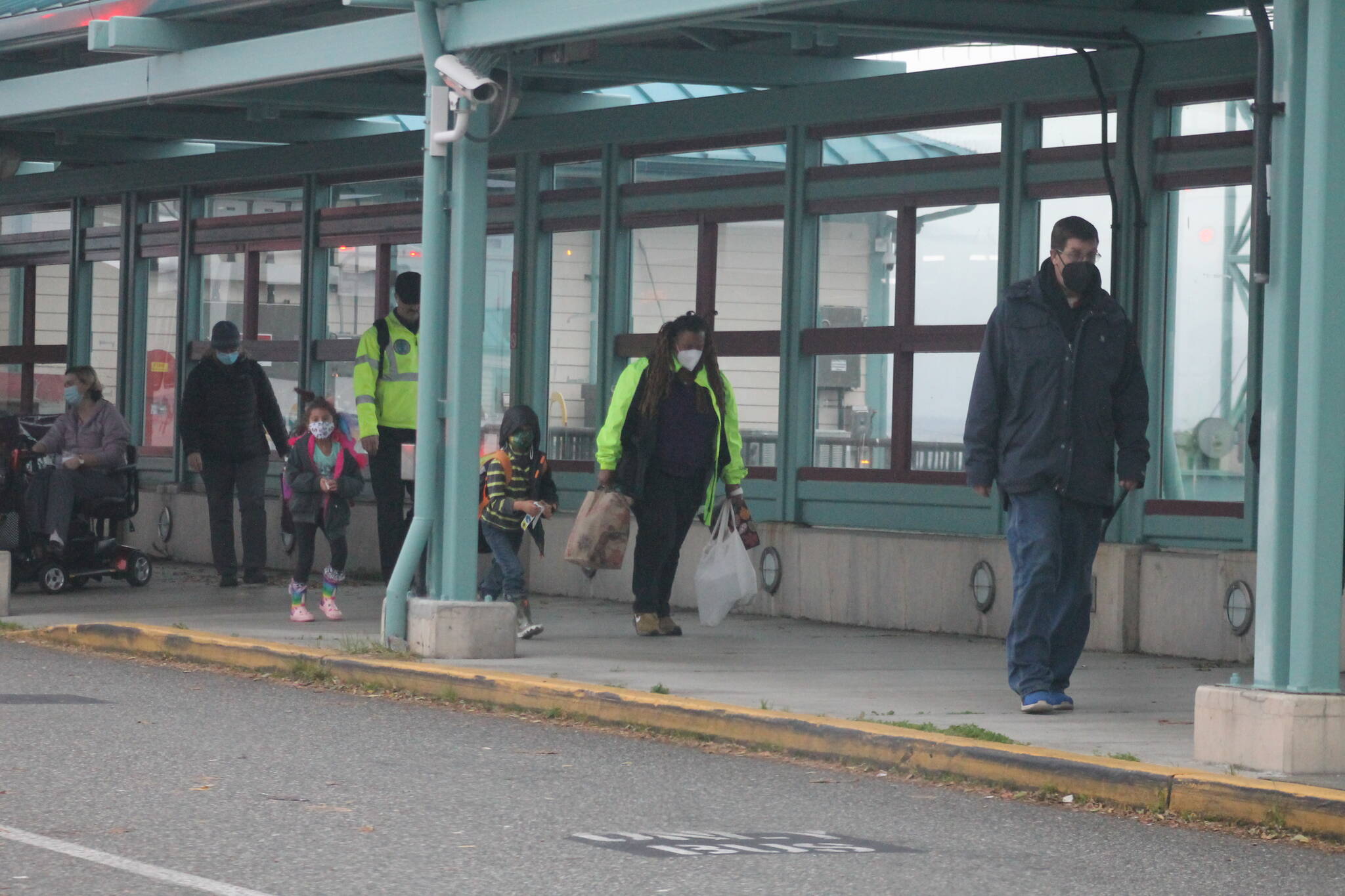A week of brutally cold weather compounded problems for the state ferry system, which has been affected by a dearth of workers and, most recently, the new COVID-19 variant.
It looks like the rough waters may continue for the foreseeable future.
Beginning on Christmas, snowstorms prevented workers from getting to their jobs while chilly temperatures froze pipes within terminals and vessels. Sailings between Coupeville and Port Townsend were even cancelled when snow delayed a fuel truck.
The Clinton-Mukilteo route saw wait times as long as three hours on some days. The route operated with just one boat in service during the entire week, to the dismay of travelers and commuters alike.
Since Oct. 16, the route has adhered to one-boat service as its norm, but with a second boat added – referred to as supplemental service – when staffing levels have allowed for it. Most of the time, the route has been sailing with two boats.
That was not the case last week. Because of the prevalence of the new COVID-19 variant, it could be some time before people can rely on the route to run two boats with some regularity again.
“With Omicon out there, we’re seeing a bunch of breakthrough cases,” said Ian Sterling, a spokesperson for Washington State Ferries.
He estimated Monday that there were close to two dozen active COVID-19 cases among staff, an unprecedented high during the pandemic. He noticed an increase in the frequency of cases during the last couple of weeks.
“There are more than a handful of employees that are out,” Sterling said. “We’re getting notifications every day that people are testing positive.”
He added that there is no indication that anyone is severely ill with the disease.
Ferry workers have all been vaccinated, per the governor’s mandate for state employees.
Although “dozens and dozens” of workers are being hired every month, Sterling said the new staff “has to keep up” with replacing those who retire or have to be away from work for extended periods of time after falling ill with COVID.



